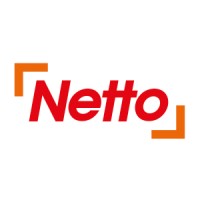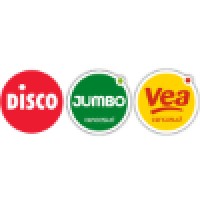
Netto
Netto est l’enseigne de hard discount qui aide les Français à consommer moins cher et plus malin au quotidien. Sa force : des prix bas, toute l’année, sur une large gamme de produits qui misent sur le plaisir. Parce que « moins cher » ne rime pas avec « moins bien », Netto propose des références créées en marque propre et majoritairement fabriquées en France. Faire un vrai plein de courses toute l’année à prix imbattables ? Promesse tenue aux consommateurs qui bénéficient des plus de 300 points de vente Netto répartis sur l’ensemble du territoire. Chez Netto, chaque métier compte pour placer le mieux manger à la portée de tous. Nous recrutons. Rejoignez-nous !






